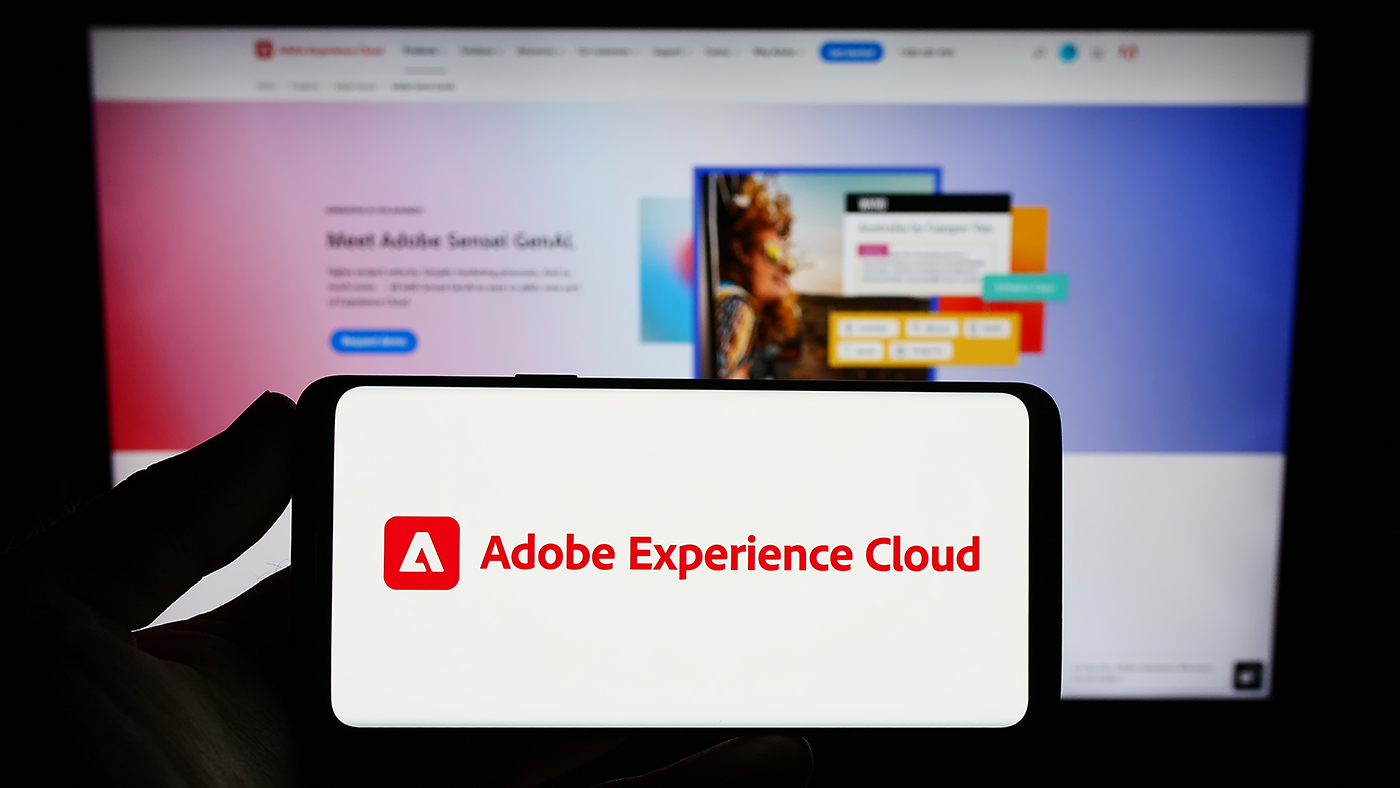
Drive App Engagement with Voice Technology

Voice technology has quickly graduated from being nice-to-have to imperative for competitive enterprises. Without it, they’d be missing out on the 40% of adults who use voice search on their device at least once a day. Plus, 71% of consumers prefer voice search over typing. Clearly, it’s important for businesses to voice-enable their mobile apps to optimize customer experience and engagement.
In this article, we’ll explore why voice technology is becoming so popular, common use cases of voice-enabled apps by industry, and what the future holds for the emerging innovation.
What’s Driving Adoption of Voice Technology?
Pre-packaged voice solutions like Alexa, Cortana, and Siri have changed the voice technology game. Being able to speak commands into your phone may not seem like the most earth-shattering technological innovation, so why is it so popular?
- It’s easy: What sets voice technology apart from other digital innovations is the fact that it’s not really a user interface, but rather a natural part of how humans communicate. That makes it highly inclusive and simple. Users of all ages can leverage voice-enabled apps to get things done with almost no learning curve. All you need is a voice and a voice-enabled device.
- It’s fast: Typing out a search query, especially for older users who didn’t grow up texting, can be time intensive. A Stanford study found that speech recognition was 3x faster than typing.
- It’s accurate: The same study revealed that diction error rates were 20.4 percent lower than typing.
- It’s convenient: A SVOX study found that the #1 benefit of text-to-speech and speech recognition technologies was its convenience. With the hands-free feature, people can easily multi-task when using voice and their daily routines are not interrupted.
- It’s safer: Driving is one of the largest use cases of voice-enabled apps. Having incoming email or messages read aloud while driving eliminates the temptation of fumbling with buttons or screens while driving.
Industry Use Cases for Voice Technology
Let’s explore how different industries utilize voice technology to drive app engagement.
Financial Services
Though most banking activities can be completed via phone from the comfort of a customer’s home, personalized assistance is still relevant. Within the financial services industry, voice assistants provide a conversational interface and the customer support received is comparable to human interaction. Customers can use voice commands to perform various functions including checking account balances and transaction history as well as making payments.
In addition, voice technology helps to deliver a personal experience to customers and provide fast and valuable information relating to stock prices, market insights, news and trends, exchange rates and even allows users to buy and sell foreign currencies. Voice-activated applications can even act as personal advisors, making suggestions and giving advice based on previous transactions. Customers increasingly get help with making important decisions regarding expenses and spending.
Biometric security helps to ensure peace of mind amongst banking customers as each interaction is validated. Voice biometrics identification authenticates a customers’ voice in real-time, not only improving security, but enhancing customer service.
Automotive
As we touched on earlier, voice-enabled apps and driving go hand-in-hand. By 2028, 90% of new vehicles are projected to have voice assistants. Voice technology in vehicles helps to increase safe driving by eliminating the distractions associated with direct phone interaction. By using the sound of their voices, drivers can still make calls, play music, and send mails hands-free. A recent study suggests that driver distraction levels are lower for voice technology than those times when drivers engage in touch screen technology.
Retail/e-commerce
More than 43% of smart speaker owners use their devices to shop and 51% of all US online shoppers report that they use voice assistants to help them research products. Retail apps with voice technology can also provide information related to store hours, product inventory, and pricing. Customers can also complete orders and request shipping updates via voice assistance. Voice-enabled retails apps became even more popular during the pandemic when in-person shopping became obsolete.
Healthcare
More than 47% of vertical-focused voice technology startups are dedicated to providing solutions for the healthcare industry. By integrating digital solutions, the healthcare industry continues to strive to provide better patient care. Using simple commands, healthcare providers can easily document exams, access patient information, and draft new orders. Creating and maintaining electronic records in an easier and more effective way helps clinicians save valuable time, which then can be spent with patients.
With voice-enabled apps, patients can stay better engaged with their treatment plans, helping to improve health outcomes as well as fitness goals. Seniors and people with disabilities also benefit from the use of voice-enabled apps. The features allow them to gain a sense of freedom because they can more readily be engaged and have better insight into their healthcare without the reliance on a 3rd party or complicated on-screen interfaces.
Keeping the Conversation Going
Growth is a major theme with voice technology. Not only is the market for the tech innovation expected to reach $27.155 billion by 2026, but business and technology leaders view it as a major catalyst to driving app engagement.
- 85% of business and technology leaders will use voice technology to communicate with customers
- 94% of managers see voice technology driving customer satisfaction
- 88% believe it will give them a competitive advantage
- 57% believe operational efficiencies will increase
- 57% believe it will reduce customer transaction costs
Voice assistance has revolutionized the marketplace, with impacts being felt at the personal and professional level. Its ability to quickly, easily, accurately, and safely help consumers get things done is pushing the technology to new heights. As its adoption grows, industries are sure to continue leveraging voice technology to optimize customer experience and engagement.
Apexon provides end-to-end interactive experiences services — specifically for today’s digital environment. We can help to streamline the building, testing, and integration of intelligent conversation applications into your business. Learn more about Apexon’s interactive services or get in touch directly using the form below.




